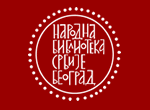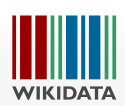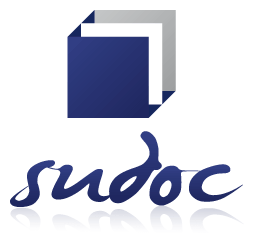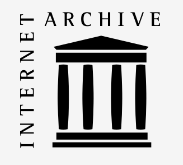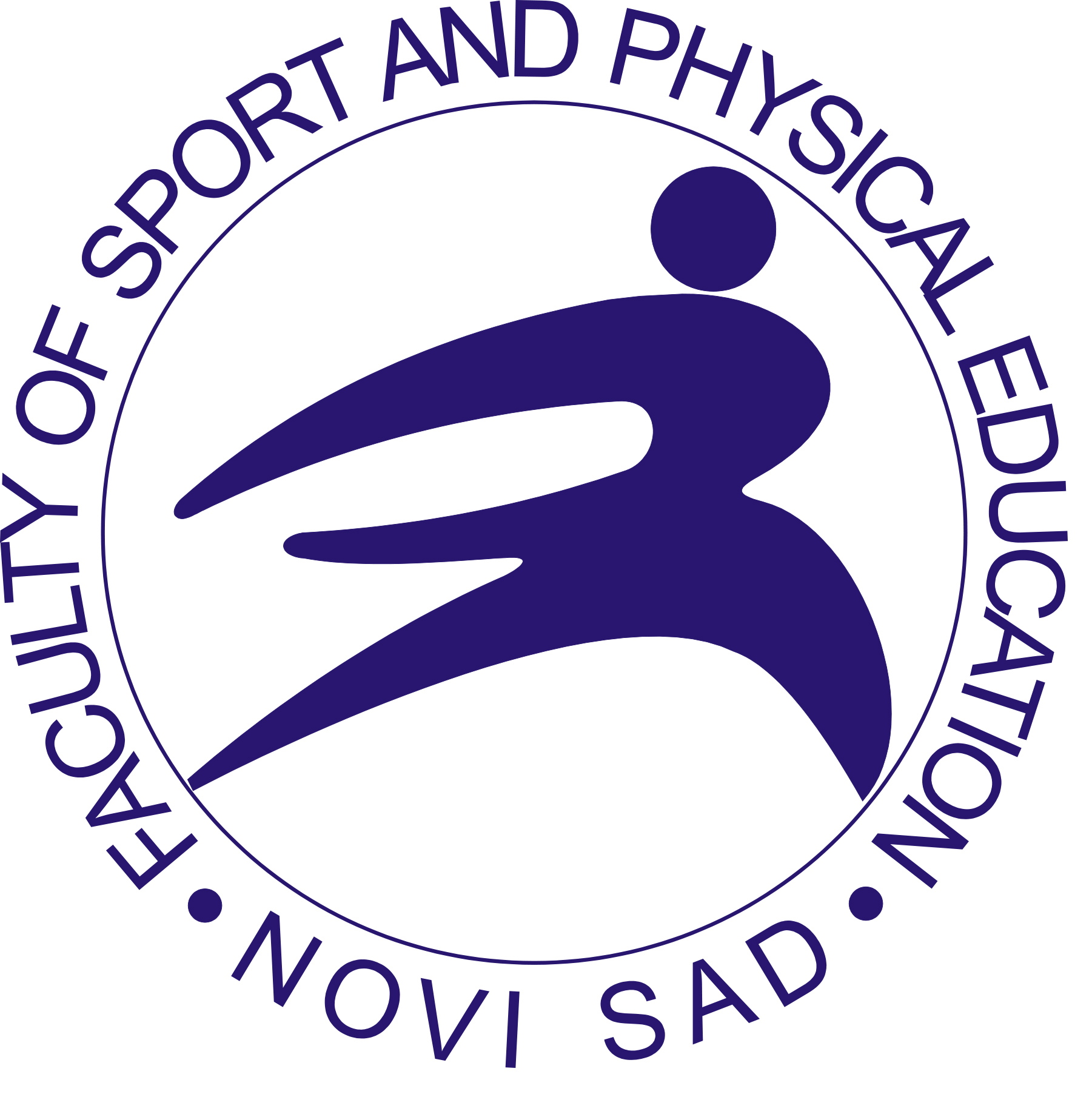PUBLICATION ETHICS AND MALPRACTICE STATEMENT
Exercise and Quality of Life (EQOL) Journal is committed to the highest standards of publication ethics. This statement is based on the COPE Core Practices, the ICMJE Recommendations, and relevant reporting guidelines (e.g., CONSORT, STROBE, PRISMA, ARRIVE, CARE, COREQ).
1. Editorial responsibilities
Editorial independence. Decisions are made solely on academic merit, relevance, and rigor. Ownership and sponsors have no influence on editorial decisions.
Peer review. EQOL uses double-blind peer review. Editors ensure fair, timely, and confidential review, select qualified reviewers, and resolve conflicts.
Confidentiality. Editors and staff must not disclose submissions or use unpublished materials for their own research.
Competing interests. Editors and editorial board members must declare any conflicts and recuse themselves where appropriate.
Integrity oversight. Suspected misconduct (plagiarism, data fabrication, image manipulation, authorship abuse, citation manipulation) is handled following COPE flowcharts; institutions may be contacted.
2. Reviewer responsibilities
Contribution to decisions. Reviews must be objective, evidence-based, and constructive.
Confidentiality. Manuscripts are confidential; do not share or use content for personal advantage.
Competence and timeliness. Accept reviews only within your expertise and deliver on time; request extensions when needed.
Competing interests. Declare any conflicts (financial, academic, personal) and decline where necessary.
Use of AI. Reviewers must not upload manuscripts to public AI tools; if using assistive tools for language/grammar, disclosure to the editor is required and confidentiality must be preserved.
3. Author responsibilities
Originality and plagiarism. Submissions must be original, not under consideration elsewhere, and free of plagiarism or redundant publication. EQOL screens all submissions with similarity-checking software (e.g., iThenticate).
Authorship & contributorship. Authorship follows ICMJE criteria. The CRediT taxonomy might be used to describe contributions. Gift, guest, and ghost authorship are prohibited. Changes to authorship after submission require written consent from all authors.
Data, materials, and code. Authors must retain data for at least 5 years and, where possible, deposit data/code in a trusted repository with a Data Availability Statement.
Reporting standards. Follow appropriate reporting guidelines (CONSORT, STROBE, PRISMA, ARRIVE, CARE, COREQ, etc.). Methods should permit replication.
Ethics approvals. Studies involving humans require prior approval from a recognized ethics committee and compliance with the Declaration of Helsinki; animal studies require IACUC/ethics approval and adherence to ARRIVE and the 3Rs.
Informed consent & privacy. Written informed consent (and assent where applicable) is mandatory; patient/participant confidentiality must be protected.
Clinical trials. Prospective registration in a public registry (e.g., ClinicalTrials.gov, WHO ICTRP) is required; include registry ID in the manuscript.
Conflicts of interest & funding. All financial and non-financial competing interests and funding sources must be fully disclosed.
Image and figure integrity. No inappropriate manipulation (e.g., selective enhancement, splicing without disclosure); original images may be requested.
Use of generative AI. AI tools cannot be listed as authors. If used for text editing or analysis, authors must: (1) disclose the tool and version, (2) accept responsibility for the output, and (3) verify accuracy and citations. AI must not fabricate data, analyses, or references.
Corrections. Authors must promptly inform the editor of significant errors discovered post-publication and cooperate in issuing corrections or retractions.
4. Research integrity & misconduct
Allegations and investigations. EQOL evaluates all allegations (anonymous or named) fairly and confidentially, may seek expert advice, check data/images, and contact authors’ institutions.
Sanctions. Proven misconduct may result in rejection, publication of corrections/retractions/expressions of concern, notification of institutions/funders, and submission bans for a defined period.
Citation integrity. Coercive or self-serving citation practices are prohibited. References must be relevant and accurate; reference-list padding is unacceptable.
5. Publication process
Peer-review workflow.
Editorial screening for scope, ethics, and basic quality;
Double-blind external review by ≥2 experts;
Editorial decision (accept/revise/reject);
Similarity and ethics checks;
Proofing and publication.
Appeals & complaints. Authors may appeal decisions with reasoned arguments and evidence; appeals are handled by a senior editor not involved in the original decision. Complaints about editorial conduct follow COPE guidance.
Corrections, retractions, expressions of concern.
Correction (Erratum/ Corrigendum): for honest errors affecting part of the work.
Retraction: for unreliable findings due to misconduct or major error, redundant publication, unethical research, or unresolved copyright issues.
Expression of concern: when an investigation is ongoing or evidence is inconclusive. All notices are linked to the article and remain part of the scholarly record.
6. Open access, copyright & licensing Access
EQOL provides free, immediate access to all articles. Copyright. Authors retain copyright and grant EQOL a license to publish. Licensing. Articles are distributed under a Creative Commons license (journal-standard license is stated on the journal website; CC BY 4.0 is recommended for maximum reuse and compliance with funder mandates). Any exceptions will be clearly indicated on the article. Self-archiving & preprints. Authors may post preprints and accepted manuscripts in non-commercial repositories, provided the citation to the version of record is added upon publication and any license terms are followed. Preprint posting must be disclosed at submission.
7. Indexing, discoverability & archiving Permanent preservation.
EQOL participates in long-term digital preservation via recognized services (e.g., LOCKSS/CLOCKSS, Portico, or PKP PN). Metadata & identifiers. All articles receive DOIs and rich metadata to ensure discoverability and citation.
8. Advertising, sponsorship & direct marketing Separation of content
Advertising and sponsored content (if any) are clearly distinguished from editorial content. Sponsors and advertisers have no influence on editorial decisions. Direct marketing. Any direct marketing activities (calls for papers, special issues) will be accurate, non-misleading, and conducted in accordance with best practices.
9. Diversity, equity & inclusion EQOL strives for diversity and inclusion in authorship, reviewers, and editorial appointments, and does not tolerate discrimination or harassment.
Complaints related to equity or inclusion will be investigated promptly.
10. Contact Questions or concerns about publication ethics may be sent to the Editorial Office at office@eqoljournal.com (or the Editor-in-Chief’s listed email).
Allegations of misconduct should include as much detail and documentation as possible.
Updates to this Statement. This policy is reviewed periodically and may be updated to reflect evolving best practices. The version and date of last revision will be indicated on the journal website.












